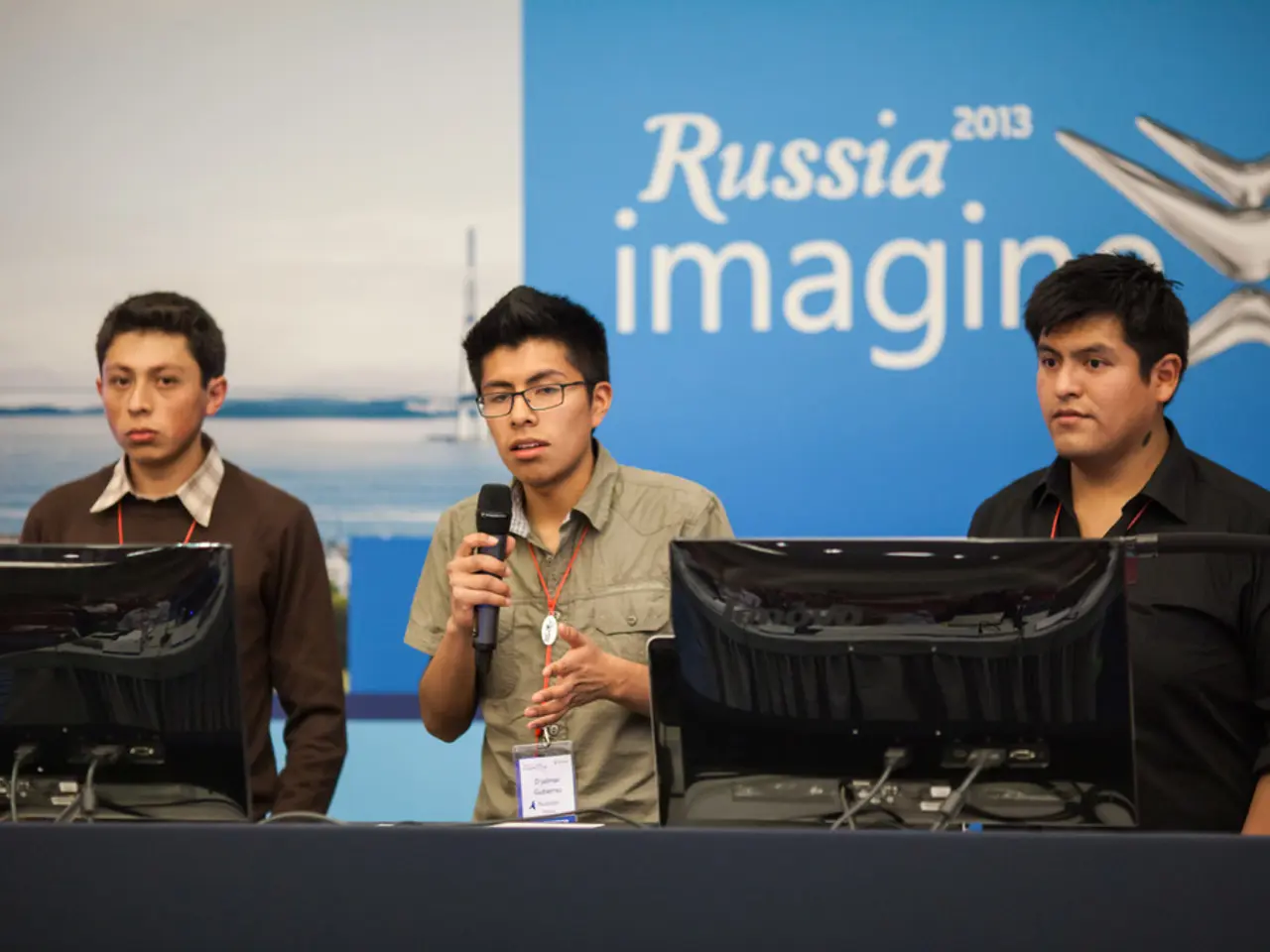Bridging Africa's Shortage of Technical Professionals through Artificial Intelligence Education
In Africa, AI training programs are playing a crucial role in addressing the tech talent shortage and promoting economic growth. These initiatives provide practical, job-ready skills that align with the demands of rapidly evolving AI-driven industries.
Upskilling the Workforce
Major tech companies like Microsoft and Google are training millions of Africans, with plans to train tens of millions more, rapidly expanding the pool of AI-capable professionals.
Bridging the Gap in Education
Programs such as the Kubernetes African Developer Training Program and MEST AI Startup Programme teach cloud-native development, AI, machine learning, and entrepreneurship. This hands-on, industry-focused training equips individuals for in-demand roles and technologies.
Creating AI-Ready Businesses and Ecosystems
AI training enables companies to harness AI to improve productivity and innovation, contributing to economic growth. It also helps organizations redesign workflows and cultivate AI literacy, fostering competitive advantages for African businesses.
Encouraging Homegrown Innovation and Startups
Incubators like MEST focus on supporting African AI entrepreneurs to develop scalable AI startups that solve local challenges and participate in the global AI economy.
Partnerships for Sustainable Development
Alignment between government, private sector, and educational institutions is essential for sustainable AI capacity development. This ensures training reaches broad populations, including youth, educators, and small businesses.
Accessible and Incentivized Learning Opportunities
Free or stipend-supported AI training programs increase access for African youth, enhancing inclusion in the tech economy.
Tackling Infrastructure Challenges
Despite infrastructure challenges, including limited internet access and unreliable electricity, AI training programs are making a difference. Innovative solutions, like Africa's first AI factory by Cassava Technologies and Nvidia, are being developed to tackle connectivity issues.
AI Driving Economic Growth
AI adoption in various sectors, such as banking, agriculture, healthcare, and logistics, is leading to impressive gains. For example, branches using AI record 15% higher monthly revenue, and AI-trained professionals are helping to streamline operations, make smarter decisions, and build technologies that tackle local challenges effectively.
AI is creating new job opportunities, with a shift toward emerging job categories that didn't exist five years ago. By 2030, AI and related technologies could add $1.2-1.5 trillion to Africa's GDP.
remote mentorship programs, such as the Deep Learning Indaba mentorship program, are having a meaningful impact, connecting young AI researchers with experienced professionals across the continent.
In conclusion, AI training programs are creating a qualified talent pipeline essential for Africa to compete globally in technology-driven markets, stimulate innovation, and achieve inclusive economic growth through the digital economy.
- Encouraging continuous skill development, digital inclusion programs like remote mentorship initiatives, such as the Deep Learning Indaba mentorship program, bridge the gap between aspiring AI professionals and established industry experts across Africa.
- To boost career-development opportunities in the startup ecosystem, education-and-self-development programs, such as the MEST AI Startup Programme, focus on teaching entrepreneurs vital skills in AI, machine learning, and entrepreneurship, equipping them to develop scalable startups that contribute to the global AI economy.
- As part of sustainable development efforts, skills-training in technology, including AI, machine learning, cloud-native development, and entrepreneurship, bolster Africa's economy by empowering individuals, businesses, and the wider startup ecosystem, ultimately driving economic growth and creating new career paths.




